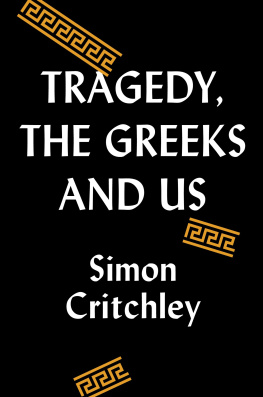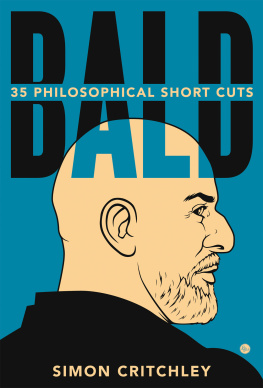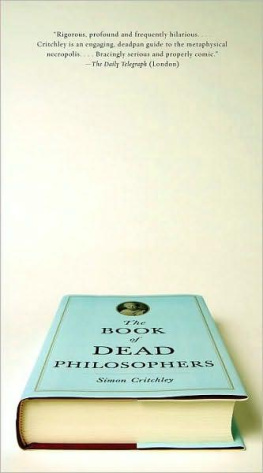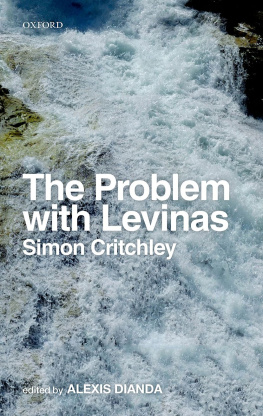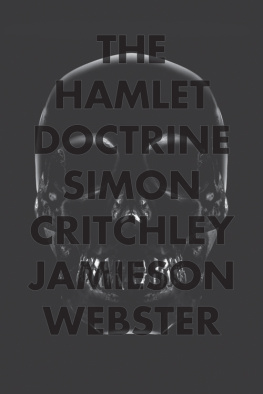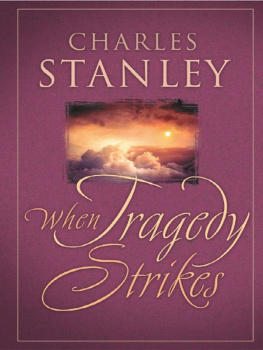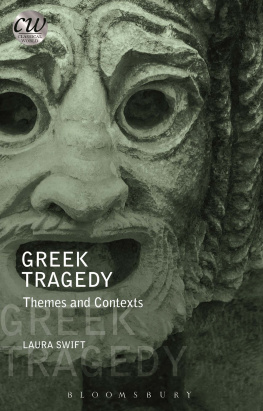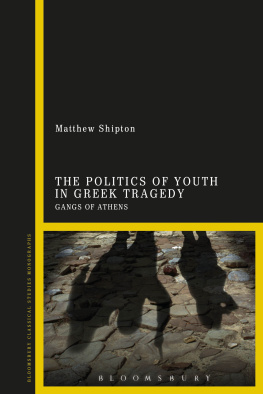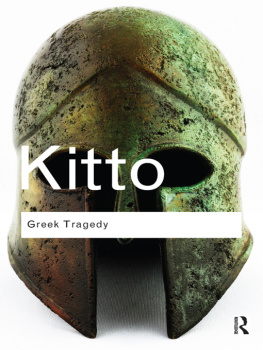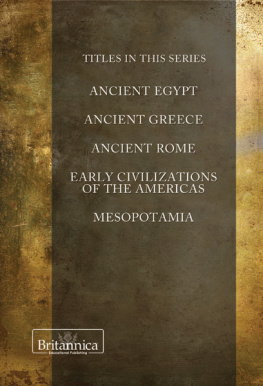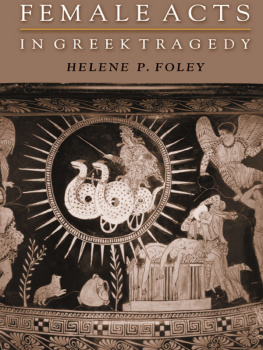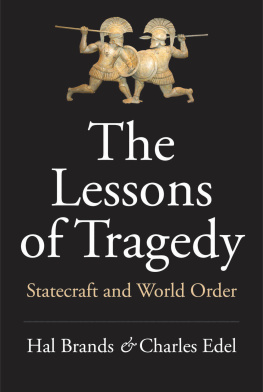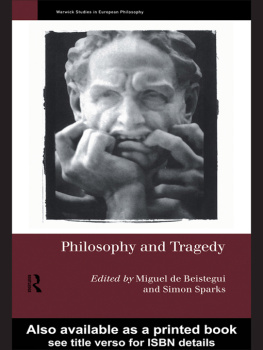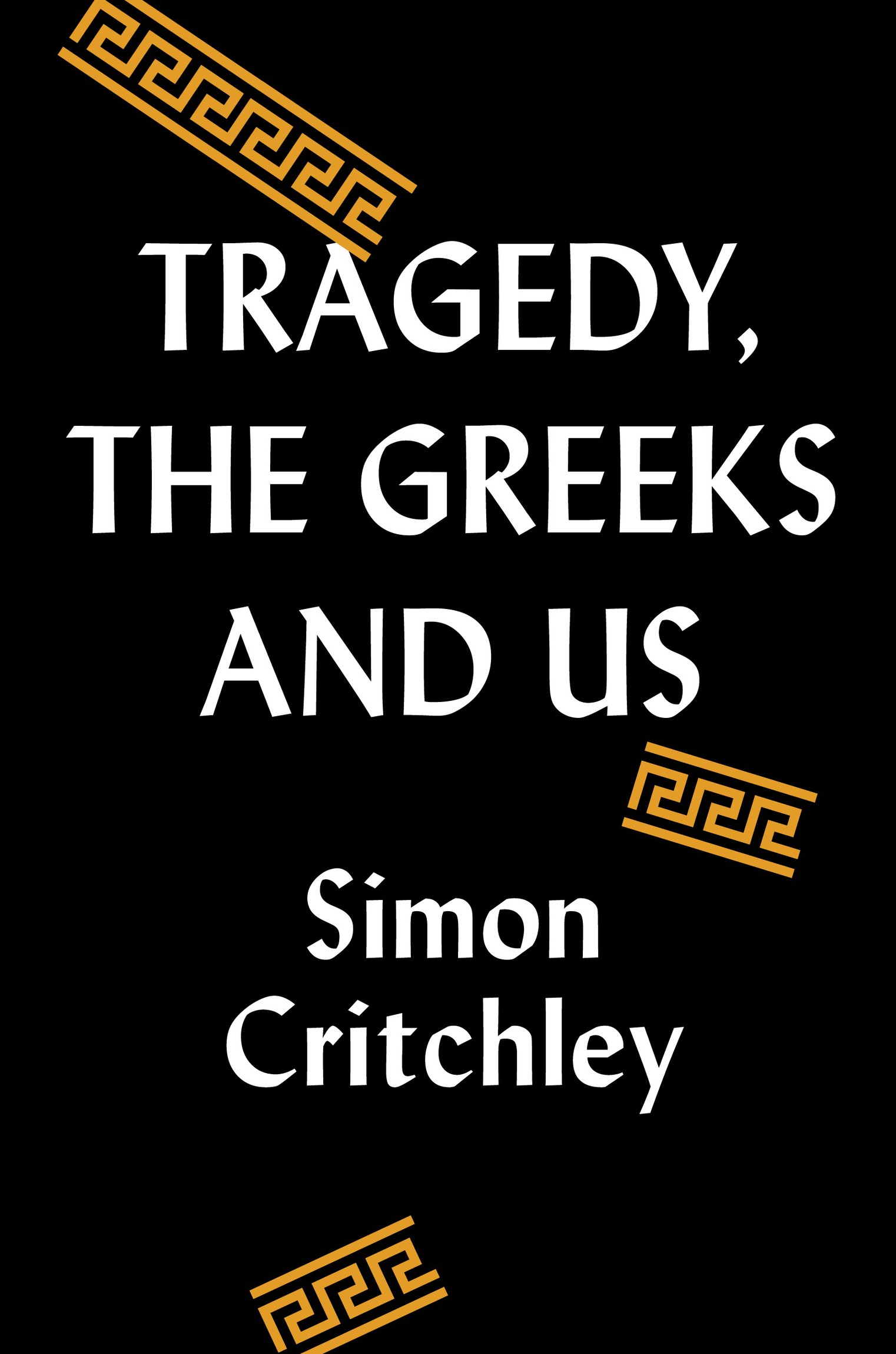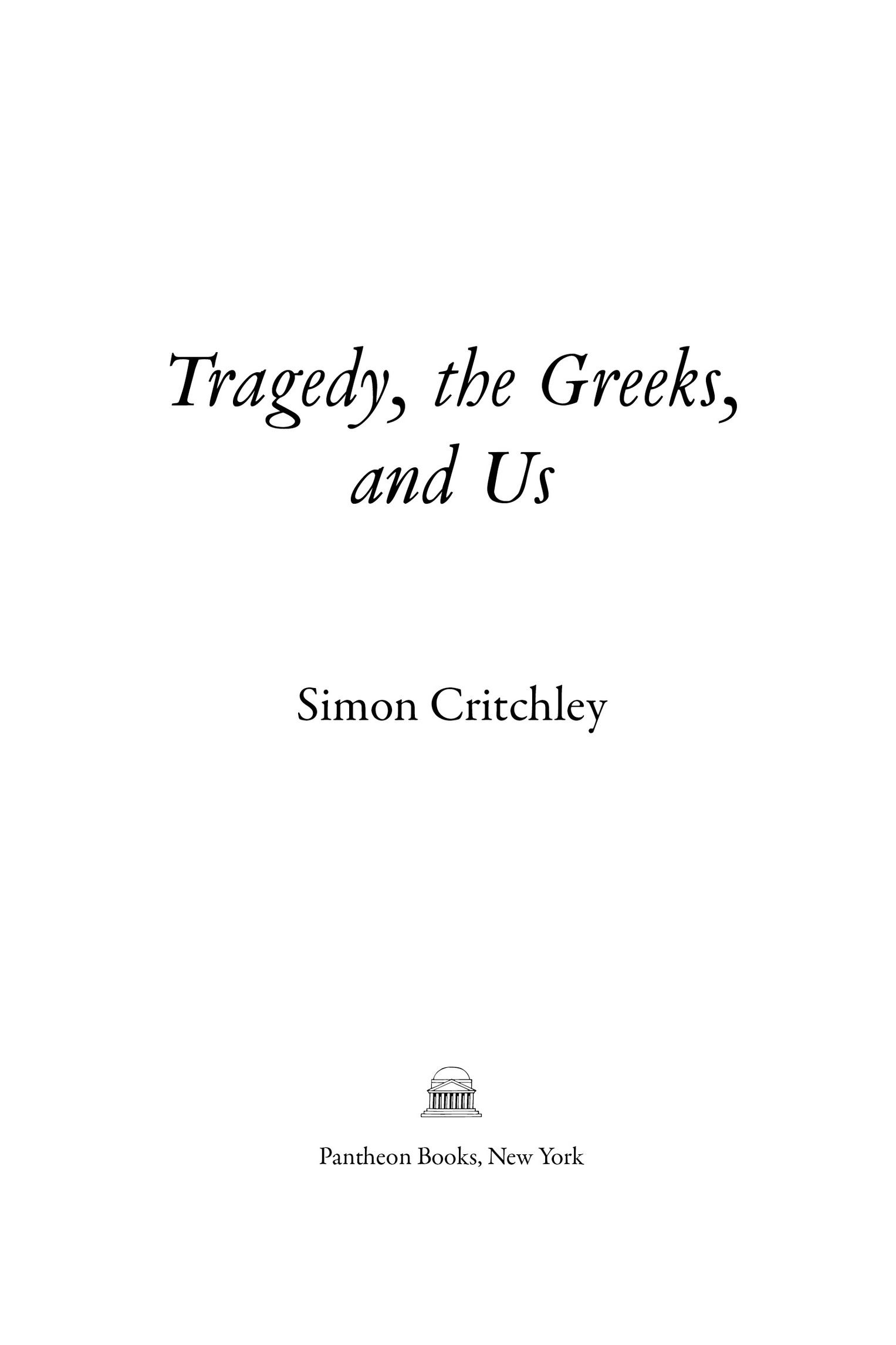ALSO BY SIMON CRITCHLEY
What We Think About When We Think About Soccer
Notes on Suicide
ABC of Impossibility
The Problem with Levinas
Bowie
Memory Theater
Stay, Illusion! (with Jamieson Webster)
The Mattering of Matter (with Tom McCarthy)
The Faith of the Faithless
Impossible Objects
How to Stop Living and Start Worrying
The Book of Dead Philosophers
On Heideggers Being and Time
Infinitely Demanding
Things Merely Are: Philosophy in the Poetry of Wallace Stevens
On Humour
Continental Philosophy: A Very Short Introduction
EthicsPoliticsSubjectivity
Very LittleAlmost Nothing
The Ethics of Deconstruction
Copyright 2019 by Simon Critchley
All rights reserved. Published in the United States by Pantheon Books, a division of Penguin Random House LLC, New York, and distributed in Canada by Random House of Canada, a division of Penguin Random House Canada Limited, Toronto.
Pantheon Books and colophon are registered trademarks of Penguin Random House LLC.
Library of Congress Cataloging-in-Publication Data
Name: Critchley, Simon, [date] author.
Title: Tragedy, the Greeks, and us / Simon Critchley.
Description: First edition. New York : Pantheon Books, 2019. Includes bibliographical references and index.
Identifiers: LCCN 2018023509. ISBN 9781524747947 (hardcover : alk. paper). ISBN 9781524747954 (ebook).
Subjects: LCSH : Tragic, The. TragedyGreek influences. Greek drama (Tragedy)History and criticism. LiteraturePhilosophy. Philosophy, Ancient.
Classification: LCC BH 301. T 7 C 75 2019 | DDC 809/.9162dc23 | LC record available at lccn.loc.gov/2018023509
Ebook ISBN9781524747954
www.pantheonbooks.com
Cover design by Kelly Blair
v5.4
ep
He was neither profound of thought, nor anything.
Just an ordinary, silly man.
He assumed a Greek name, he dressed like a Greek,
Taught himself to behavemore or lesslike a Greek;
And trembled in his soul lest
He mar the tolerable impression
By speaking Greek with dreadful barbarisms,
And have the Alexandrians poke fun at him,
As is their habitawful people.
And for this reason, he confined himself to a few words,
Fearfully paying attention to the declensions and the accent;
And he got bored, no end, having
So many things to say piled up inside him.
C. P. Cavafy,
The Potentate from Western Libya
CONTENTS
1
Feeding the Ancients with Our Own Blood
Tragedy shows what is perishable, what is fragile, and what is slow moving about us. In a world defined by relentless speed and the unending acceleration of information flows that cultivate amnesia and an endless thirst for the short-term future allegedly guaranteed through worship of the new prosthetic gods of technology, tragedy is a way of applying the emergency brake.
Tragedy slows things down by confronting us with what we do not know about ourselves: an unknown force that unleashes violent effects on us on a daily, indeed often minute-by-minute basis. Such is the sometimes terrifying presence of the past that we might seek to disavow but that will have its victory in the end, if only in the form of our mortality. We might think we are through with the past, but the past isnt through with us. Through its sudden reversals of fortune and rageful recognition of the truth of our origins, tragedy permits us to come face-to-face with what we do not know about ourselves but what makes those selves the things they are. Tragedy provokes what snags in our being, the snares and booby traps of the past that we blindly trip over in our relentless, stumbling, forward movement. This is what the ancients called fate, and it requires our complicity in order to come down on us.
Yet, the fruit of a consideration of tragedy is not a sense of lifes hopelessness or moral resignation, as Schopenhauer thought, butI thinka deepened sense of the self in its utter dependency on others. It is a question of the selfs vulnerable exposure to apparently familiar and familial patterns of kinship (although it sometimes turns out that, like Oedipus, you dont know who your parents are, but if you do know who your parents are, you still dont know who they are). One of the most salient but enigmatic features of Greek tragedy is its constant negotiation with the other, especially the enemy other, the foreign other, the barbaric other. The oldest extant piece of theater that we possess, Aeschyluss The Persians, from 472 BCE, depicts the defeated enemy not with triumph but with sympathy and with an anticipation of the possible humiliation that might face the Athenians should they repeat the hybris of the Persians by invading Greece and desecrating the altars of the enemys gods. Sadly, the Athenians did not heed Aeschyluss lesson, and the brief period of Athenian imperial hegemony in the central decades of the fifth century BCE ended in the humiliating defeat of the Peloponnesian Wars. There is perhaps a moral to be drawn here for our time and place, where the empire knows its heyday is over and we live in a constant state of war. The first rule of war is sympathy with the enemy. This is something that can be seen in the tragedies of Euripides, especially those that deal with the bloody end of the Trojan War, in plays like The Trojan Women and Hecuba.
As Aristotle put it perspicuously and somewhat blithely nearly a century after the zenith of Greek drama in the second half of the fifth century BCE, tragedy is the imitation of action, mimesis praxeos. But what exactly is meant by action? It is far from clear. In play after play of the three great tragedians (Aeschylus, Sophocles, and Euripides), what we see are characters who are utterly disoriented by the situation in which they find themselves. They do not know how to act. We find human beings somehow compelled to follow a path of suffering that allows them to raise questions that admit of no easy answer: What will happen to me? How can I choose the right path of action? The overwhelming experience of tragedy is a disorientation expressed in one bewildered and frequently repeated question: What shall I do?
Tragedy is not about the metaphysical cultivation of the bios theoretikos, the contemplative life that is the supposed fruit of philosophy in Aristotles Ethics, or in Epicurus and the other Hellenistic schools. Nor is it about the cultivation of the life of the gods or divine life, ho bios theois, which is also the constant promise of philosophy from Plato onward, as we will see. No, tragedy is thinking in action, thinking upon action, for the sake of action, where the action takes place offstage and is often described to us indirectly through the character of a messenger. But this thinking takes the form of a radical questioning: How do I act? What shall I do? If tragedy is mimesis praxeos, then it is action that is called into question through tragedy, divided and sliced open. What the experience of tragedy invites is neither the blind impulsiveness of action, nor some retreat into a solitary life of contemplation, but the

